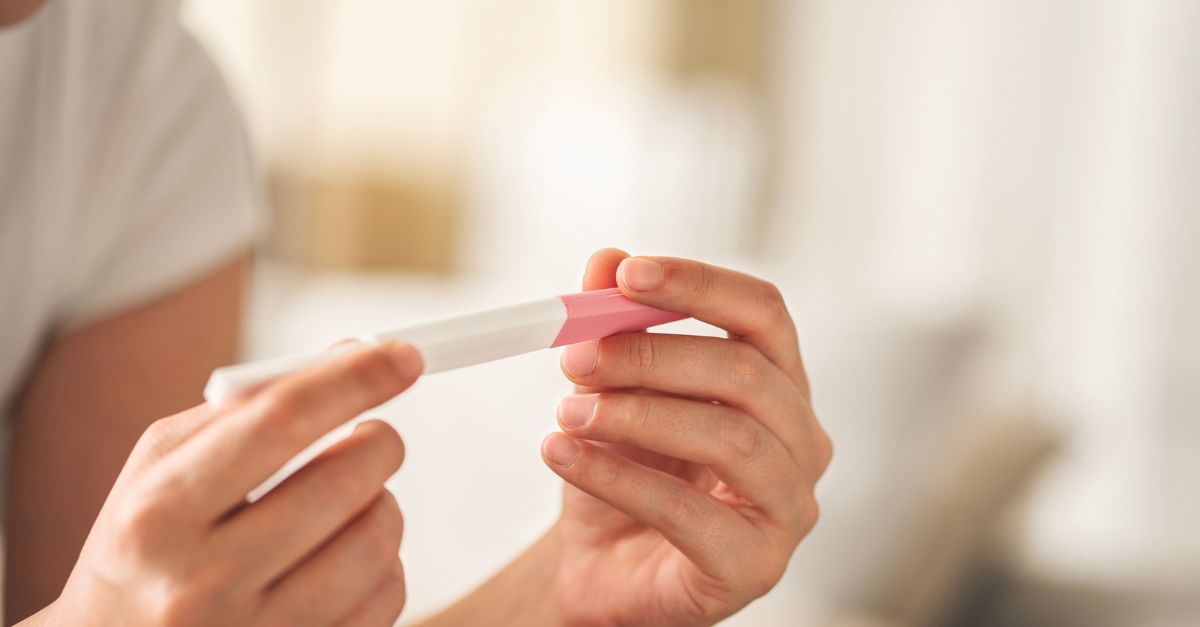Stress effects on our mental, physical, emotional, or financial health have long been studied and outlined in many books and articles. 2020 has truly been a challenge for all of us across many socioeconomic, racial, ethnic, cultural and professional backgrounds.
Are we more prepared as physicians?
How does/has it effect personal relationships?
How does/has it effect physical/mental/emotional health?
This opinion piece is offered in the totality of who we are as daughters, sisters, friends, cousins, wives, mothers, doctors, women, business owners and African Americans. We all grew up in the 1960’s and in many ways I feel that we are reliving history and that I am in the middle of Gregory Porter’s song, ‘1960 What?’
How can we be living in America, in 2020, still dealing with voting rights and legal access to voting; social injustice, economic, health and educational disparities; viral videos of Black men being choked to death, Black women being shot in their own homes or dying in the custody of authorities; or revisionist history trying to deny or nullify the verifiable racist origins of many established systems in our country? All while we are trying to maintain our professional and personal lives, just like everyone else.
So we try to find progressive, healthy and balanced ways of managing our own stressors as well as to share those strategies we can share with our patients. Because like many of you, WE’RE A LITTLE STRESSED OUT!
Stress is a feeling of emotional or physical tension. It can come from any event(s) or thoughts that makes you feel frustrated, angry, or nervous. Stress is your body’s reaction to a challenge or demand. In short bursts, stress can be positive, such as when it helps you avoid danger or meet a deadline. But when stress lasts for a long time for anyone, it may harm your health.
There are two main types of stress:
- Acute stress. This is short-term stress that goes away quickly. You feel it when you slam on the brakes, have a fight with your partner, or ski down a steep slope. It helps you manage dangerous situations. It also occurs when you do something new or exciting. All people have acute stress at one time or another.
- Chronic stress. This is stress that lasts for a longer period of time. You may have chronic stress if you have money problems, an unhappy marriage, or trouble at work. Any type of stress that goes on for weeks or months is chronic stress. You can become so used to chronic stress that you don’t realize it is a problem. If you don’t find ways manage stress it may lead to health problems.
Your body reacts to stress by releasing hormones. These hormones make your brain more alert, cause your muscles to tense, and increase your pulse. In the short term, these reactions are good because they can help you handle the situation causing stress. This is your body’s way of protecting itself. However, when you have chronic stress, your body stays alert, even though there is no danger. Over time, this puts you at risk for health problems, including: high blood pressure, heart disease, diabetes, obesity, depression and/or anxiety, skin problems (acne, eczema) or menstrual problems, sexual dysfunction and fatigue. If you already have a health condition, chronic stress can make it worse.
These are truly challenging times with added stressors that no one could have imagined that as a society and world that we would all be dealing with AT THE SAME TIME. I believe that the providers at PTCOBGYN can encourage ourselves and others by pushing to be intentional, creative and innovative in discovery and designing healthy behaviors for stress management that will continue to pay dividends long after pandemics, protests and politics.
Examples of this include decluttering our living spaces, work spaces, minds and schedules. Improving our nutrition, eating habits, physical activity and rest patterns. And of course, maintaining our health by keeping up with routine physical, medical, dental and gynecological examinations! This time in history has helped us all determine what is truly essential to life, liberty and the pursuit of happiness. We will hopefully all be the better for it and live long and prosper (smile).



